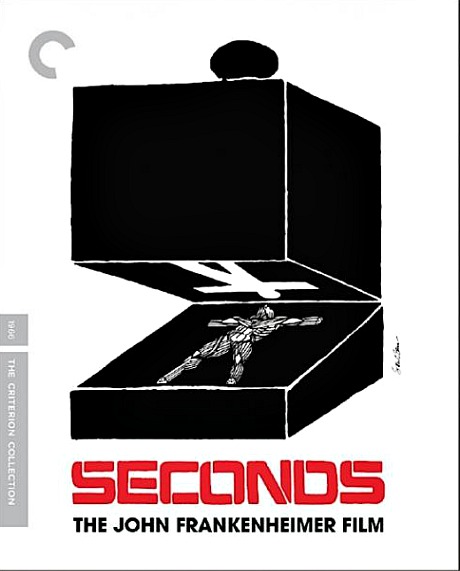The trailer for Spike Jonze‘s Her popped yesterday, and today it was announced that Her will close the N.Y. Film Festival. This has all been orchestrated. It’s all part of a grand plan. Bypass the Telluride Venice Toronto roundelay and then parachute into the NYFF. “You didn’t see us coming but we’re suddenly very much in the award-season conversation…snap!” Also today a Brian Brooks q & a with Spike, to wit: “There are so many different aspects to [Her]. Obviously technology has become such a big presence in our lives and, I definitely know, in my life. I think of how much of my daily interaction is with and through technology…and it’s an emotional experience too. It’s about love and our need to connect and our [method] of connecting. But, at its heart, it is a relationship movie.”


